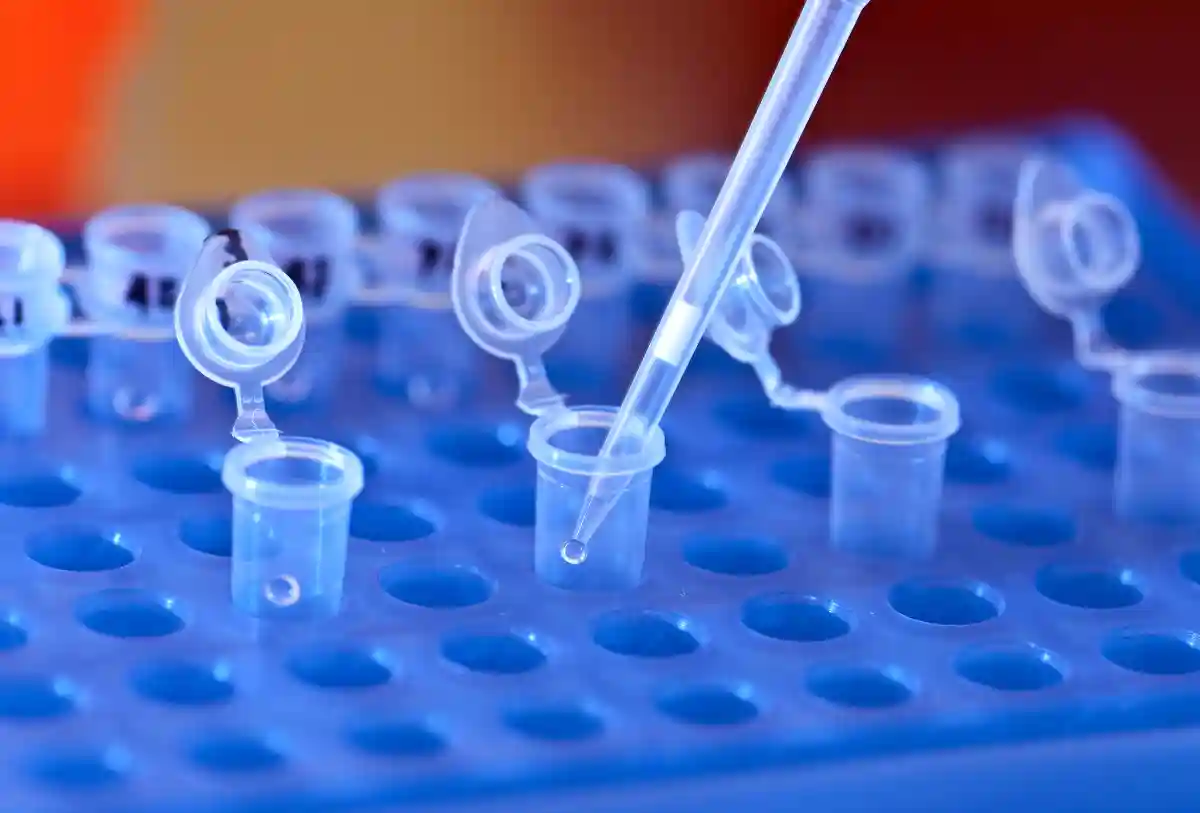
Celiac.com 02/03/2024 - Celiac disease is a complex condition influenced by a combination of genetic and environmental factors. Genetic testing, along with other diagnostic tools, helps in assessing the risk of celiac disease. Consultation with a healthcare professional is crucial for accurate diagnosis and management.
Understanding celiac disease requires unraveling the complex genetic puzzle that underlies this autoimmune condition. Within the human genome, certain genes stand out as key players, influencing susceptibility and shaping the landscape of celiac disease. There are both common and uncommon genes that are related to celiac disease and gluten sensitivity, and here we will explore both.
Common Genes Associated with Celiac Disease
Celiac.com Sponsor (A12):
The number of genes associated with celiac disease is more than two, but there are two main genes that are commonly tested for celiac disease susceptibility. These genes are HLA-DQ2 and HLA-DQ8.
- HLA-DQ2: The majority of individuals with celiac disease (about 90-95%) carry the HLA-DQ2 gene.
- HLA-DQ8: Around 5-10% of individuals with celiac disease have the HLA-DQ8 gene.
It's important to note that the presence of these genes doesn't guarantee the development of celiac disease. Additionally, the absence of HLA-DQ2 and HLA-DQ8 doesn't rule out the possibility of celiac disease, as there are cases of individuals with celiac disease who lack these genes, and there are less common genes that have been found to be related to the disease.
Uncommon Genes Associated with Celiac Disease
While HLA-DQ2 and HLA-DQ8 are the primary genes associated with celiac disease, other genetic factors may contribute to its development. Within the realm of celiac disease, the genetic narrative extends beyond the well-known HLA-DQ2 and HLA-DQ8 genes to the uncommon genes that contribute to the disease. While not as prevalent as their more recognized counterparts, several uncommon genes have also been found to be a factor in triggering celiac disease in some individuals.
Non-HLA Genes Identified as Potential Risk Factors for Celiac Disease
- HLA-DQ2.5 Subtypes: Within the HLA-DQ2 category, specific subtypes such as HLA-DQ2.2 have been linked to celiac disease risk.
- HLA-DQ7: Although less common than HLA-DQ2 and HLA-DQ8, HLA-DQ7 has been identified as a potential risk factor.
- HLA-DQ4: While individuals with HLA-DQ4 are at lower risk compared to those with HLA-DQ2 or HLA-DQ8, this gene may still play a role in susceptibility.
- Other Non-HLA Genes: Genome-wide association studies (GWAS) have identified several non-HLA genes associated with celiac disease, including IL2 and IL21.
Genes Related to Non-Celiac Gluten Sensitivity
Intriguingly, the genetic landscape we traverse in celiac disease extends its influence beyond the boundaries of this autoimmune condition. Emerging research suggests a potential link between certain celiac-associated genes and non-celiac gluten sensitivity (NCGS). While NCGS lacks the autoimmune component seen in celiac disease, the overlap in genetic markers hints at shared mechanisms. Individuals with NCGS may also carry genetic variations that contribute to their sensitivity to gluten. Unraveling these connections broadens our understanding of gluten-related disorders and opens avenues for investigating the spectrum of gluten-related conditions. The intricate interplay of genetics in both celiac disease and non-celiac gluten sensitivity invites further exploration into the nuances of gluten-induced immune responses, paving the way for more comprehensive insights into gluten-related health issues.
Summary
In summary, while HLA-DQ2 and HLA-DQ8 are significant markers for celiac disease susceptibility, having these genes is not a definitive diagnosis, and not having them doesn't rule out the possibility of celiac disease. Other genetic and environmental factors contribute to the development of celiac disease. A diagnosis typically involves a combination of genetic testing, serological tests, and, in some cases, a biopsy of the small intestine. As we decipher the genetic blueprint, it becomes evident that celiac disease is not a one-size-fits-all scenario. The interplay of diverse genetic factors illuminates the variability in how the disease manifests and underscores the importance of individualized approaches to diagnosis and management.
Additional Resources:











Recommended Comments
There are no comments to display.
Create an account or sign in to comment
You need to be a member in order to leave a comment
Create an account
Sign up for a new account in our community. It's easy!
Register a new accountSign in
Already have an account? Sign in here.
Sign In Now